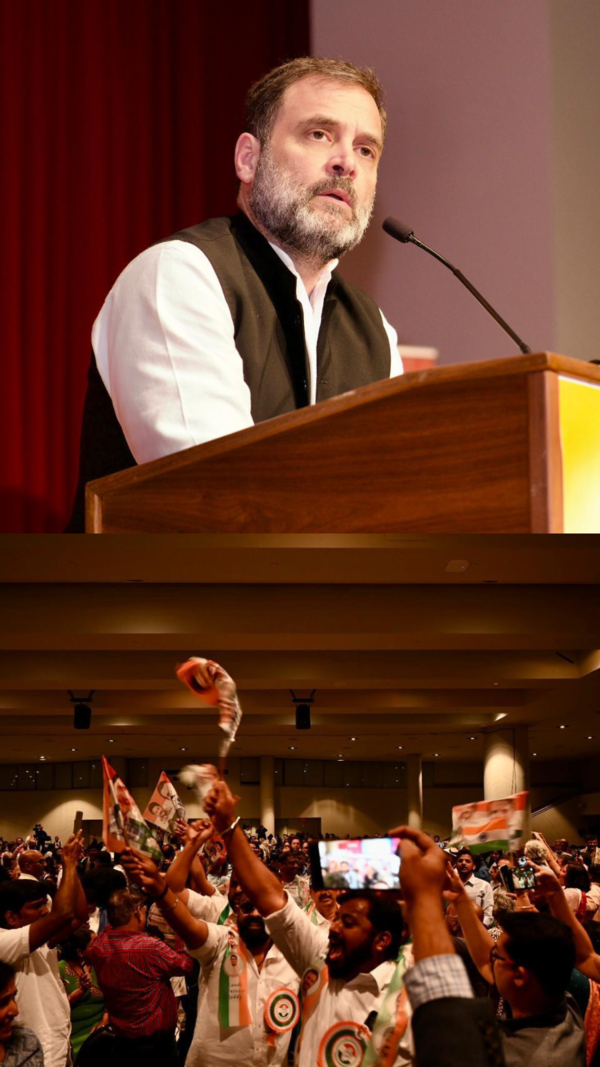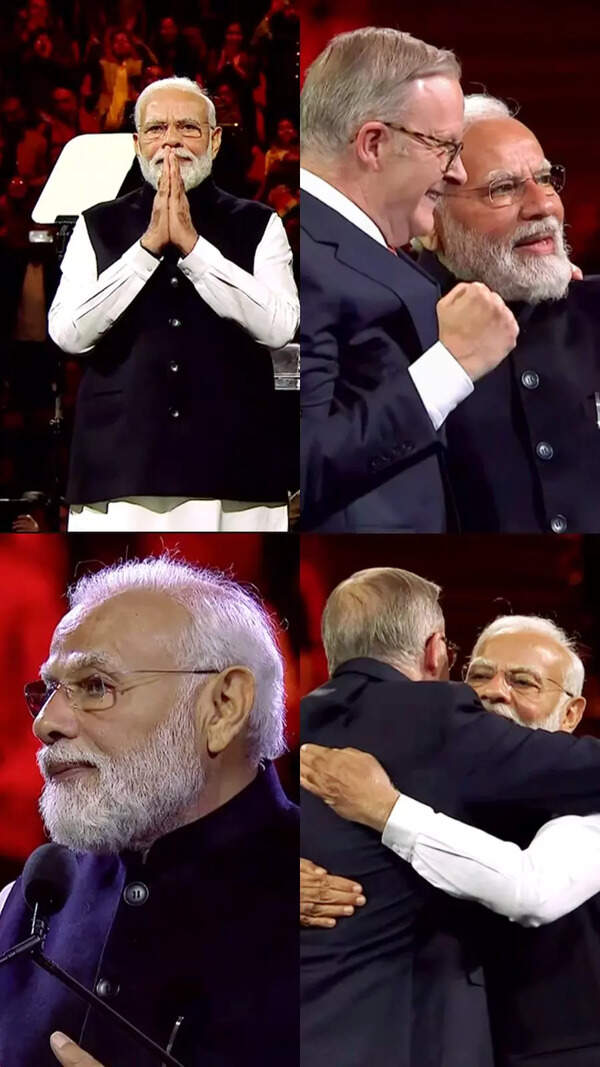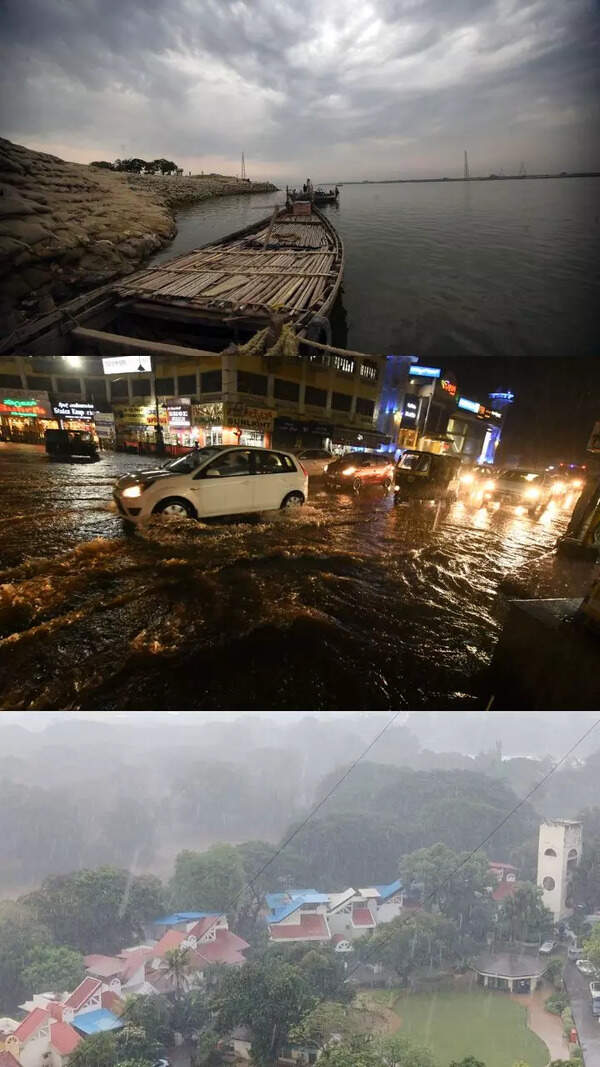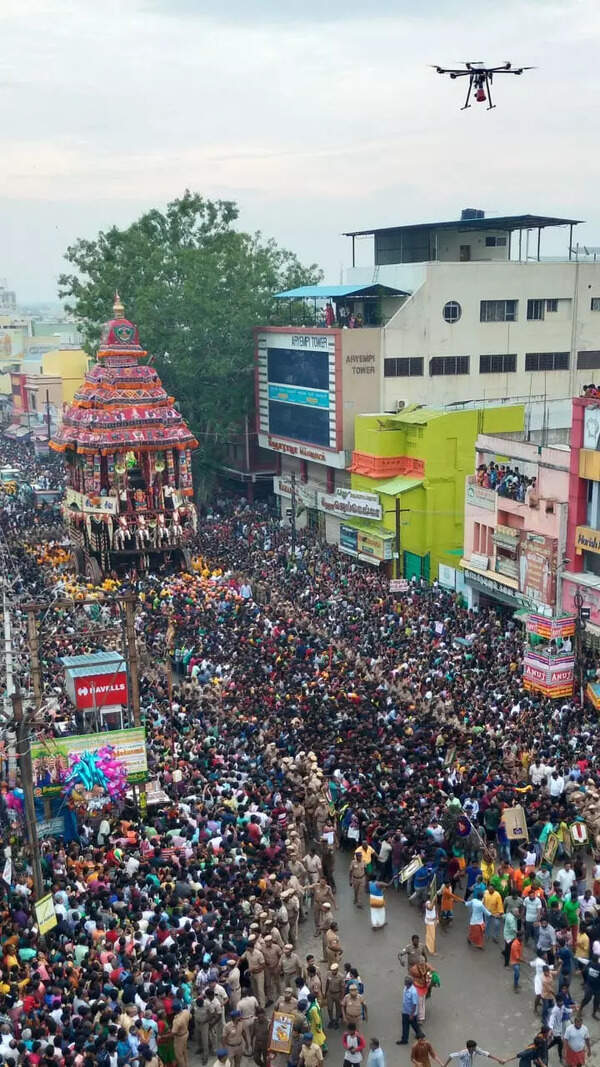- News
- India News
- Editors Guild challenges Centre’s fact-check rule
Trending Topics
Editors Guild challenges Centre’s fact-check rule

MUMBAI: The Centre on Wednesday informed Bombay high court that it was extending till July 10, its earlier statement of not setting up a fact check unit (FCU) to identify fake or false content online. Earlier in April, additional solicitor general Anil Singh had said it would not be set up till July 5.
The HC was hearing a petition filed by comic Kunal Kamra's petition against the constitutional validity of the new rule under the Information Technology Act to create a FCU for online content about or related to the Central government to govern intermediaries—including social media platforms—via Intermediary Guidelines and Digital Media Ethics Code.
Two new petitions, one by the Editors Guild of India and the other by Association of Indian Magazines, have also been filed, the HC bench of justices Gautam Patel and Nehal Gokhale was informed. Both assail the FCU rule as being arbitrary and unconstitutional.
The HC said it will now hear all three petitions on July 6 and 7 and sought Centre's reply to the new petitions as well.
"In view of the dates fixed for hearing, the additional solicitor general Anil Singh says that the statement made earlier by the Centre shall stand extended till July 10," said the HC.
The "government is not supposed to be the final arbiter or decision maker" on whether any content online is patently untrue, false or misleading, said the Centre in its fresh affidavit adding that the obligation, first, is on the intermediary to 'exercise due diligence' to conclude based on identification by the FCU and failing this the final arbiter is the court of law whether any content is false and has been intentionally posted and the final consequence can be removal of such content.
The new rule requires intermediaries to exercise due diligence once the FCU identifies content as 'untrue' or risk losing ‘safe harbour’ protection under section 79 of the IT Act from liability of facing prosecution in certain cases, over what third parties post on their platforms.
"f found to be untrue, there is no consequence except that of making a widely disseminated public announcement that such content is either fake or false" to enable intermediary to conduct its due diligence. Once the intermediary is aware of the content it has a 'sole discretion' to either prevent its spread or to continue to host with a 'disclaimer' of its being found to be fake by the FCU of the central government. A person if aggrieved or harmed by such 'fake' content can approach the grievance cell of the intermediary for action and eventually approach the court.
The Centre said, "The only change the new rule makes is to make the intermediary preliminarily responsible to check what is stated, without any obligation to either take it down or block it." Essentially that the intermediary would not be permitted to get away by using the protective shield of section 79 of the IT Act.
The new rule said the Centre's reply, is also to protect the fundamental rights and interests of those who receive 'untrue' information.
The rule aims to 'harmoniously balance' both, interest of creator of content and recipient, said the Centre as it 'merely allows' such recipient to approach the grievance redressal mechanism of an intermediary first, appeal body next and the court later to have such content removed on the ground that the "intentionally misleading and patently false content" has caused him or her 'harm'.
The HC was hearing a petition filed by comic Kunal Kamra's petition against the constitutional validity of the new rule under the Information Technology Act to create a FCU for online content about or related to the Central government to govern intermediaries—including social media platforms—via Intermediary Guidelines and Digital Media Ethics Code.
Two new petitions, one by the Editors Guild of India and the other by Association of Indian Magazines, have also been filed, the HC bench of justices Gautam Patel and Nehal Gokhale was informed. Both assail the FCU rule as being arbitrary and unconstitutional.
The HC said it will now hear all three petitions on July 6 and 7 and sought Centre's reply to the new petitions as well.
"In view of the dates fixed for hearing, the additional solicitor general Anil Singh says that the statement made earlier by the Centre shall stand extended till July 10," said the HC.
The "government is not supposed to be the final arbiter or decision maker" on whether any content online is patently untrue, false or misleading, said the Centre in its fresh affidavit adding that the obligation, first, is on the intermediary to 'exercise due diligence' to conclude based on identification by the FCU and failing this the final arbiter is the court of law whether any content is false and has been intentionally posted and the final consequence can be removal of such content.
The new rule requires intermediaries to exercise due diligence once the FCU identifies content as 'untrue' or risk losing ‘safe harbour’ protection under section 79 of the IT Act from liability of facing prosecution in certain cases, over what third parties post on their platforms.
"f found to be untrue, there is no consequence except that of making a widely disseminated public announcement that such content is either fake or false" to enable intermediary to conduct its due diligence. Once the intermediary is aware of the content it has a 'sole discretion' to either prevent its spread or to continue to host with a 'disclaimer' of its being found to be fake by the FCU of the central government. A person if aggrieved or harmed by such 'fake' content can approach the grievance cell of the intermediary for action and eventually approach the court.
The Centre said, "The only change the new rule makes is to make the intermediary preliminarily responsible to check what is stated, without any obligation to either take it down or block it." Essentially that the intermediary would not be permitted to get away by using the protective shield of section 79 of the IT Act.
The new rule said the Centre's reply, is also to protect the fundamental rights and interests of those who receive 'untrue' information.
The rule aims to 'harmoniously balance' both, interest of creator of content and recipient, said the Centre as it 'merely allows' such recipient to approach the grievance redressal mechanism of an intermediary first, appeal body next and the court later to have such content removed on the ground that the "intentionally misleading and patently false content" has caused him or her 'harm'.

About the Author
Swati DeshpandeSwati Deshpande is Senior editor at The Times of India, Mumbai, where she has been covering courts for over a decade. She is passionate about law and works towards enlightening people about their statutory, legal and fundamental rights. She makes it her job to decipher for the public the truth, be it in an intricate civil dispute or in a gruesome criminal case.
Start a Conversation
FOLLOW US ON SOCIAL MEDIA
FacebookTwitterInstagramKOO APPYOUTUBE










